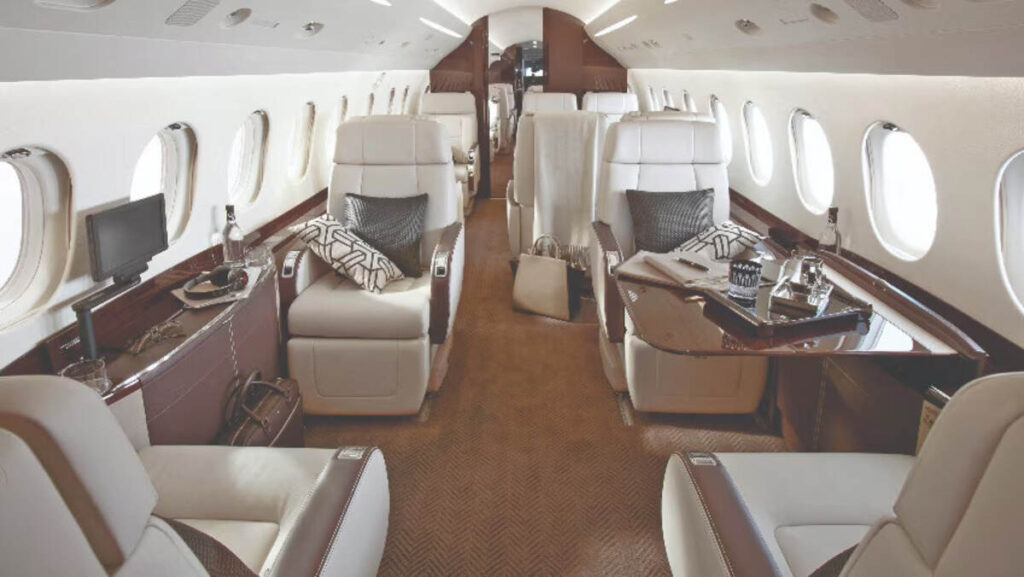When planning air travel, one of the most important aspects to consider is airport security. Whether you’re flying commercially or on a charter flight, understanding the security procedures is crucial for a smooth journey. In this comprehensive blog post, we’ll explore the security protocols for charter flights, addressing common questions and providing detailed insights.
Understanding Charter Flights
Charter flights are privately booked flights that are typically hired by an individual, group, or organization. Unlike commercial flights, which operate on a fixed schedule and route, charter flights offer flexibility in terms of timing and destinations. They can range from small private jets to larger aircraft used for group travel or special events.
Do Charter Flights Go Through Security?
Yes, charter flights do go through security. However, the process can differ significantly from the standard procedures seen with commercial flights. Here’s a detailed look at what you can expect:
- TSA Regulations: All charter flights in the United States are subject to Transportation Security Administration (TSA) regulations. This means that passengers must undergo security screening, although the experience might be different from commercial flights.
- Private Terminals: Many charter flights operate out of Fixed Base Operators (FBOs), which are private terminals separate from the main commercial airport terminals. Security procedures at FBOs are generally quicker and more streamlined, with less congestion and shorter lines.
- Security Screening: Passengers on charter flights still go through security screening, including baggage checks and personal screenings. However, these procedures are often expedited due to the lower volume of passengers.
- Personalized Service: Security for charter flights can be more personalized, with staff often providing a more direct and customer-focused approach compared to commercial airports.
Frequently Asked Questions (FAQs)
Q1: Do I need to arrive early for a charter flight like I do for a commercial flight? A: While it’s always good practice to arrive early, one of the benefits of charter flights is that you don’t need to arrive as early as you would for a commercial flight. Generally, arriving 30 minutes to an hour before your flight is sufficient, but it’s best to confirm with your charter operator.
Q2: What kind of security screening is done for charter flights? A: Security screening for charter flights includes similar checks to commercial flights, such as X-ray scans for baggage and metal detector scans for passengers. The key difference is that these procedures are often quicker and less crowded.
Q3: Are there any items that are prohibited on charter flights? A: Yes, the TSA’s list of prohibited items applies to charter flights as well. This includes items such as weapons, explosives, and certain liquids. It’s important to check the TSA guidelines before packing.
Q4: Do charter flight passengers need to show identification? A: Yes, passengers must present valid identification, such as a driver’s license or passport, just as they would for a commercial flight. This is necessary for both security and verification purposes.
Q5: Can I bring more luggage on a charter flight compared to a commercial flight? A: Charter flights often have more flexible luggage policies, but this depends on the size of the aircraft and the specific charter operator’s policies. It’s best to check with your charter provider regarding luggage limits.
Q6: Is the security process the same for international charter flights? A: For international charter flights, security processes are similar but can include additional steps such as customs and immigration checks. Passengers should ensure they have all necessary travel documents, including passports and visas.
Q7: Are there security benefits to flying on a charter flight? A: One of the main security benefits of charter flights is the reduced exposure to large crowds, which can enhance personal safety and security. Additionally, the expedited security process can make for a more pleasant travel experience.
Q8: Can pets go through security on charter flights? A: Yes, pets can travel on charter flights and will go through security screening. The process is generally straightforward, but it’s important to inform your charter operator in advance to make appropriate arrangements.
Q9: What happens if a security issue is detected on a charter flight? A: If a security issue is detected, the protocol is similar to that of commercial flights. Security personnel will address the issue according to TSA guidelines, which may include additional screening or involvement of law enforcement if necessary.
Q10: Are there any additional security measures for high-profile passengers? A: High-profile passengers or those requiring additional security can often arrange for enhanced security measures through their charter operator. This can include private security personnel, discrete boarding procedures, and additional safeguards.
Conclusion
While charter flights offer many conveniences and a more personalized travel experience, they are not exempt from security regulations. Understanding the security procedures for charter flights can help ensure a smooth and stress-free journey. Always check with your charter operator for specific details and requirements, and adhere to TSA guidelines to ensure a safe and efficient travel experience.
For more detailed information on TSA guidelines and charter flight services, you can visit the TSA official website or contact your charter flight provider. Safe travels!
